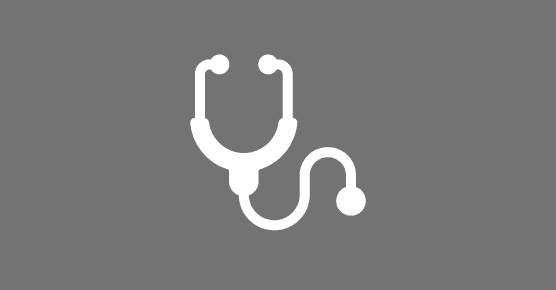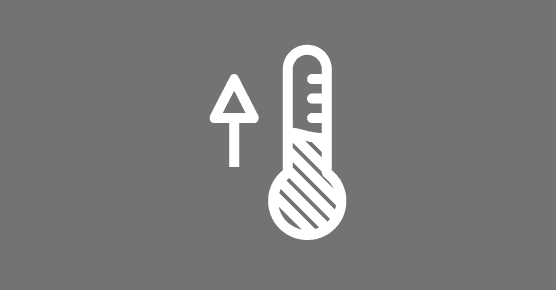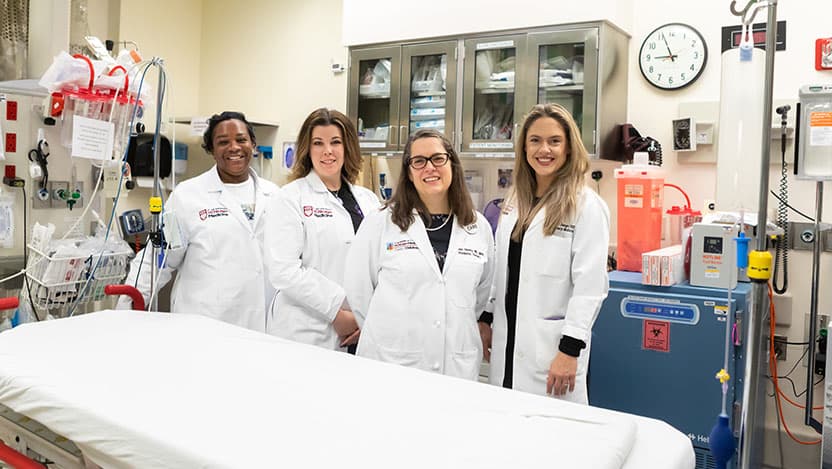Pediatric Trauma & Emergency Services
Where Should I Go for Care Today?
You never know when a sudden injury or illness may happen. That's why it's so important to be prepared and know what steps you can take as soon as symptoms appear. Click below to learn more about the best times to visit primary care, urgent care or the emergency department.

When should I contact my primary care doctor?
Your regular doctor is the best person to call for minor health issues because they know your medical history.

When should I go to urgent care?
When you need care right away, but the illness or injury isn’t considered life-threatening, visit an urgent care clinic.

When should I seek emergency care?
If you have severe symptoms that could be life-threatening, call 911 or go to the emergency room right away.

